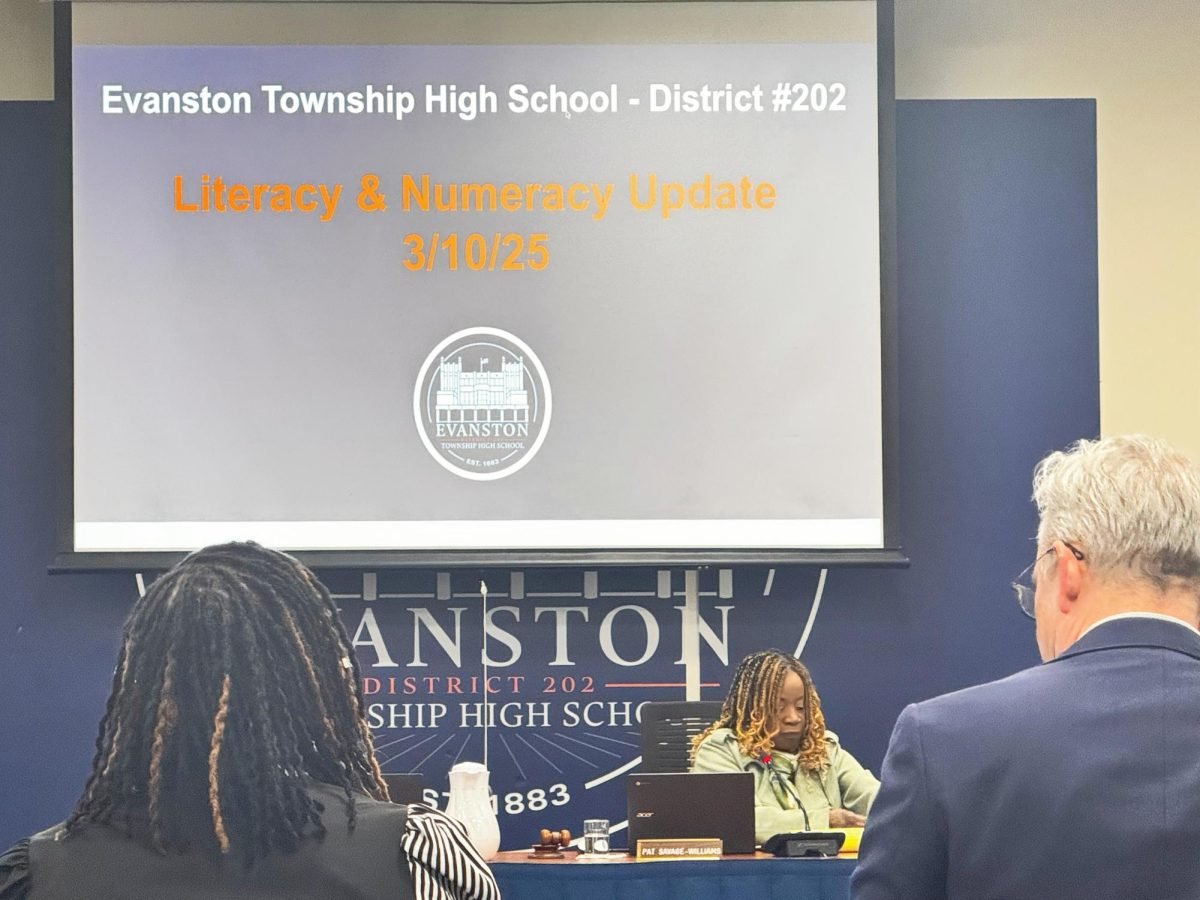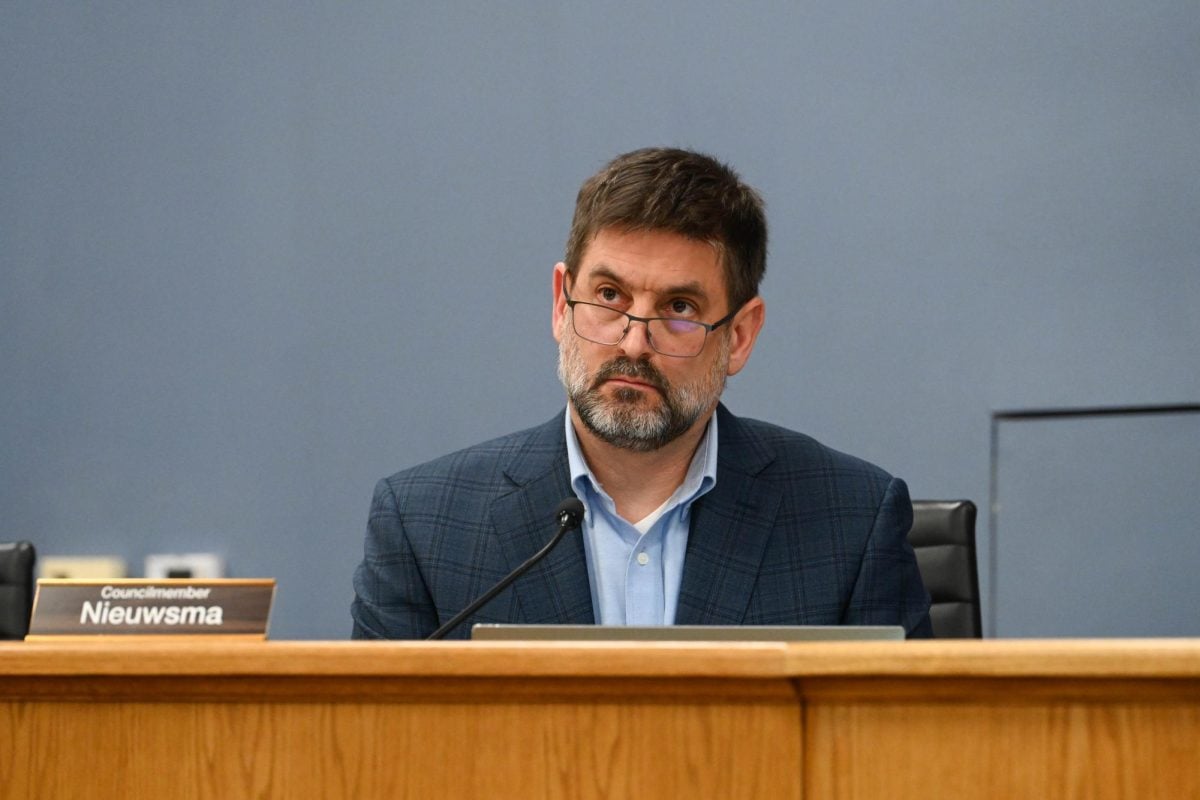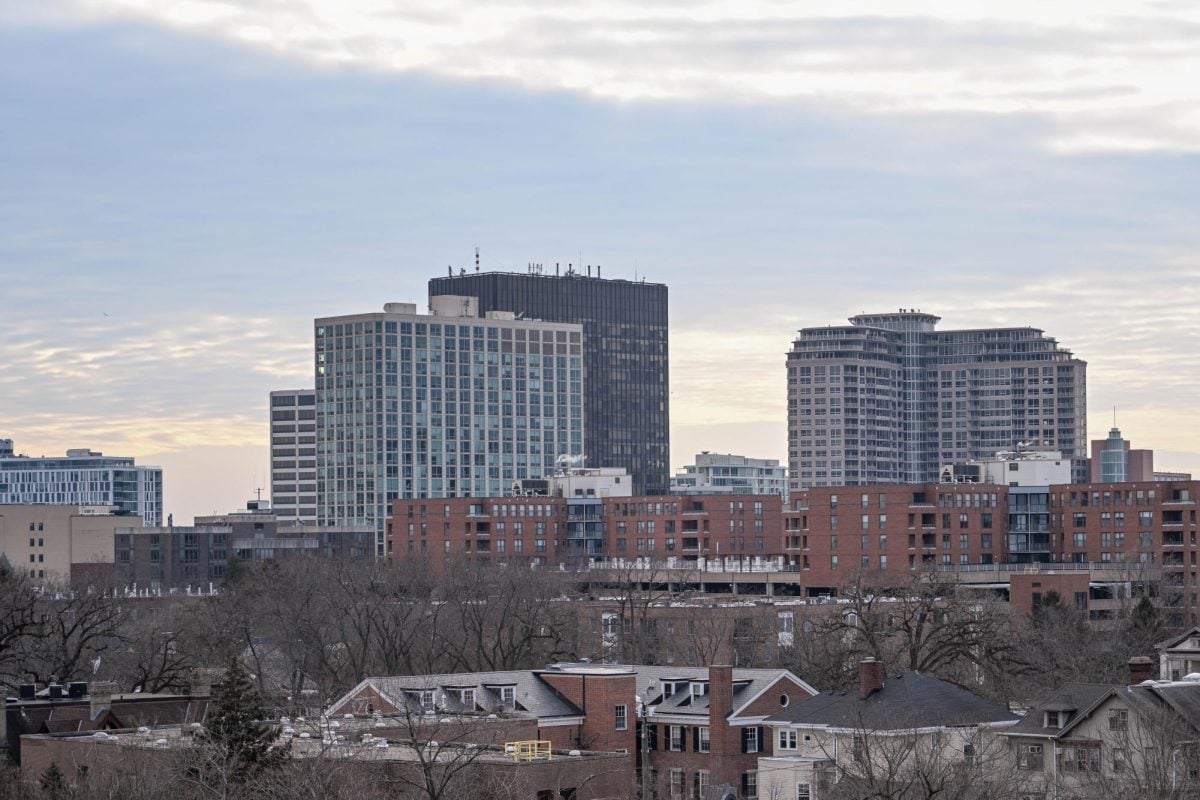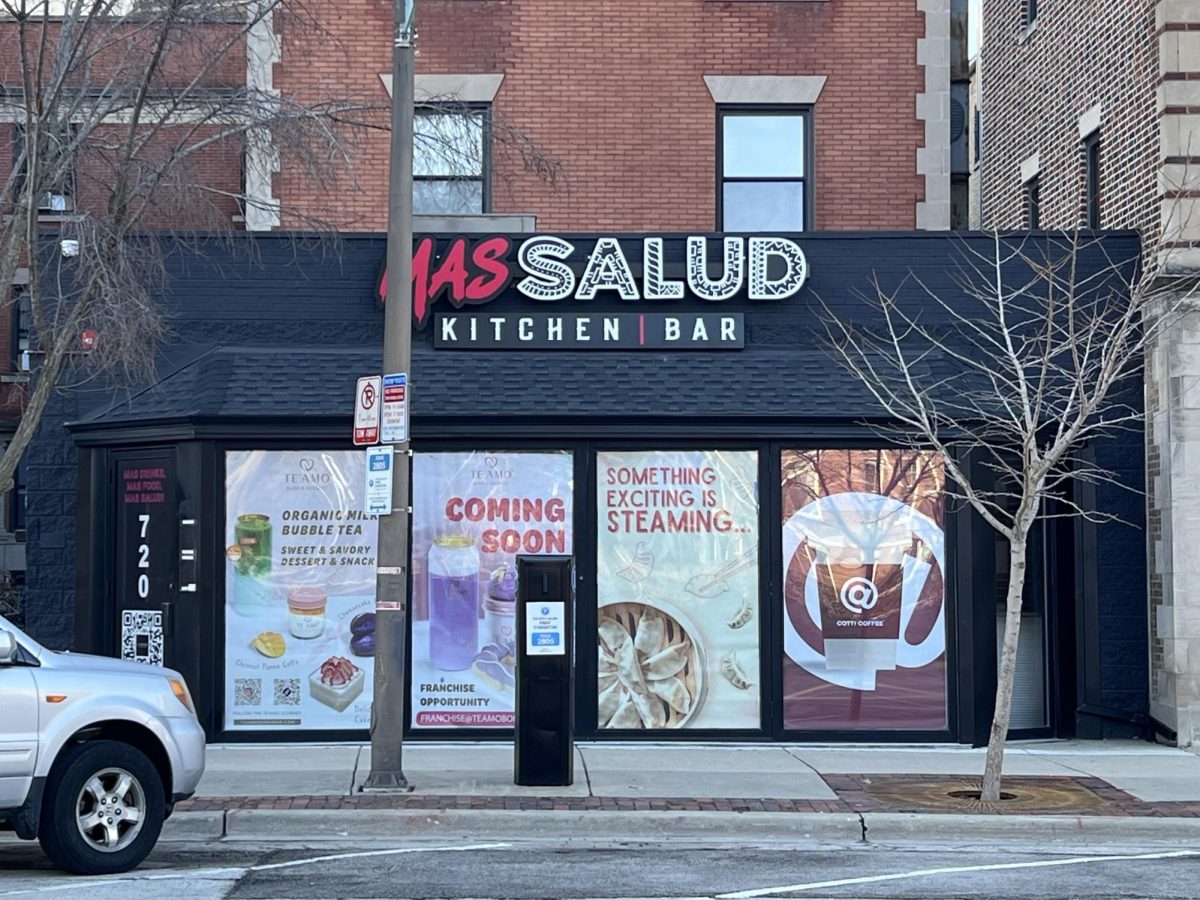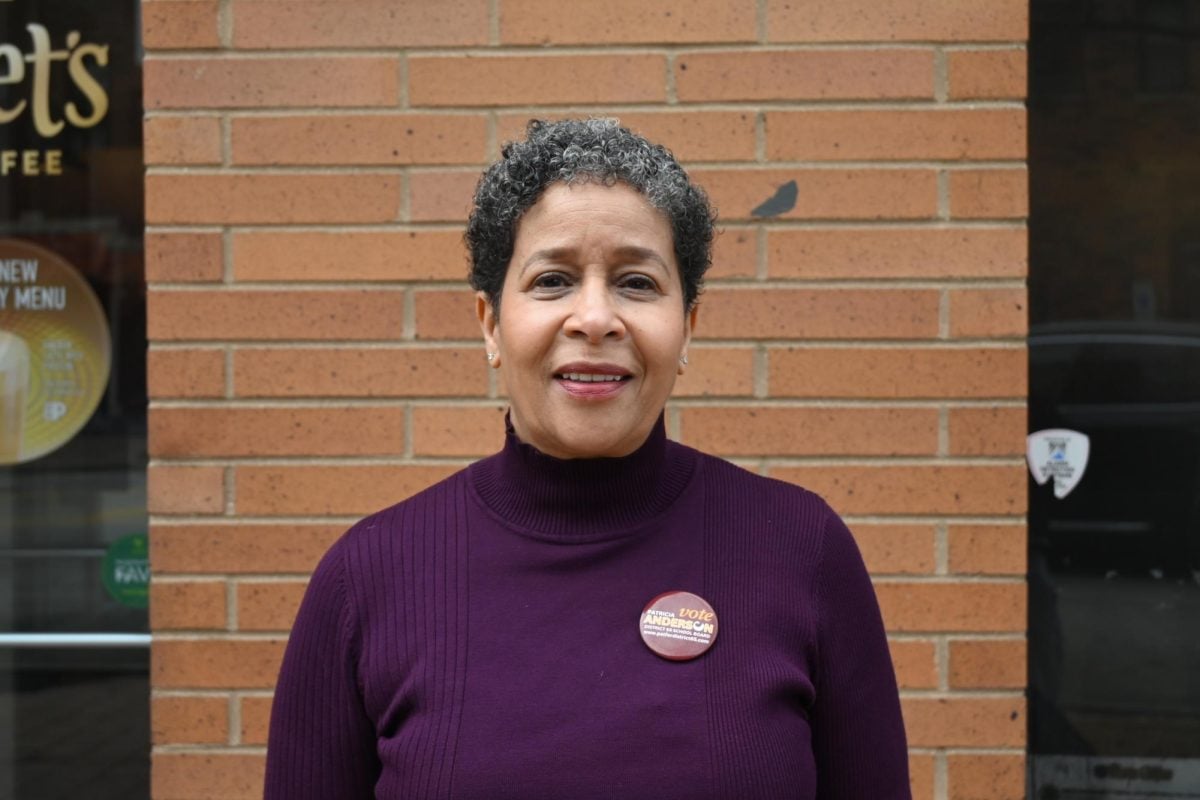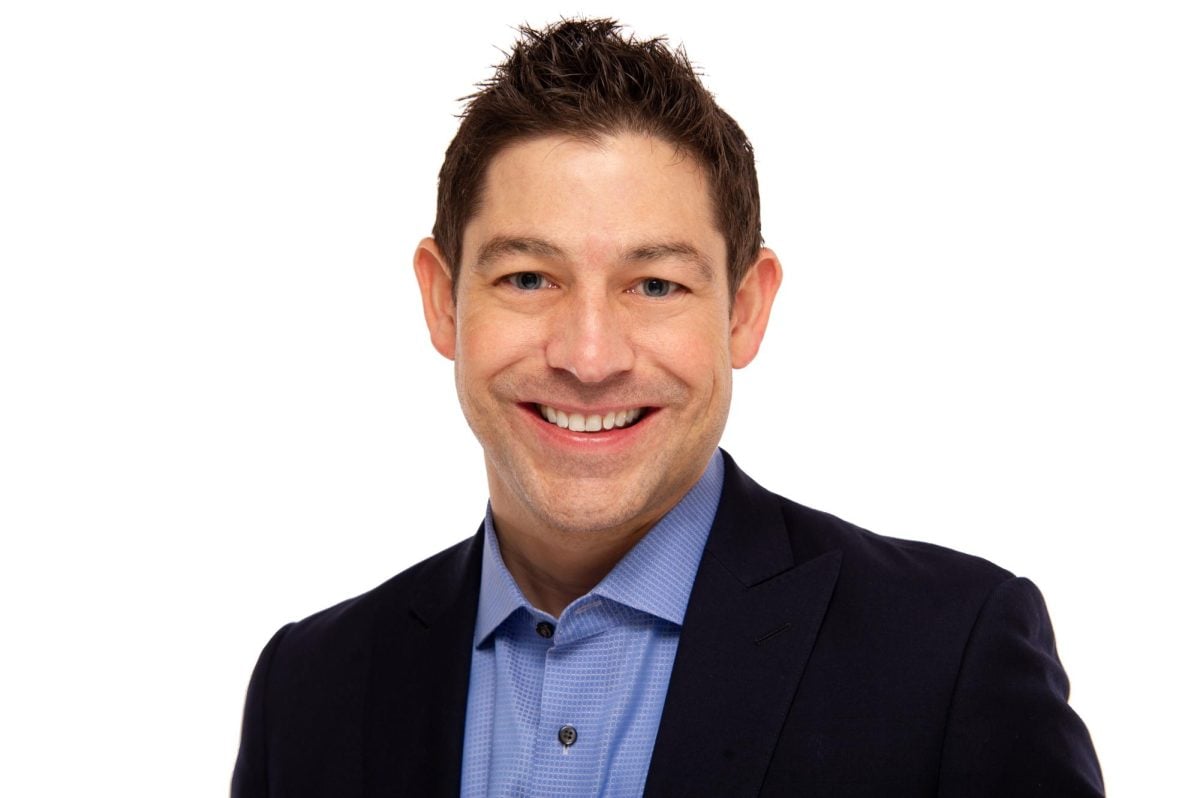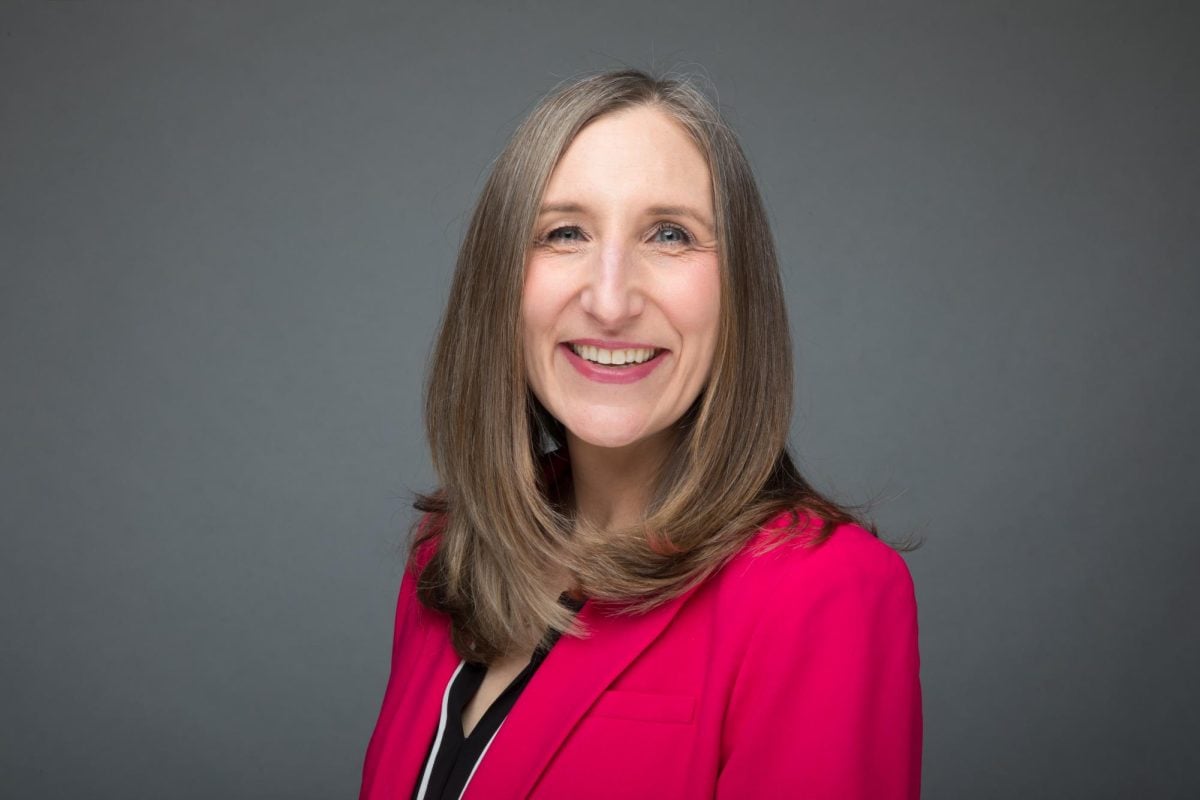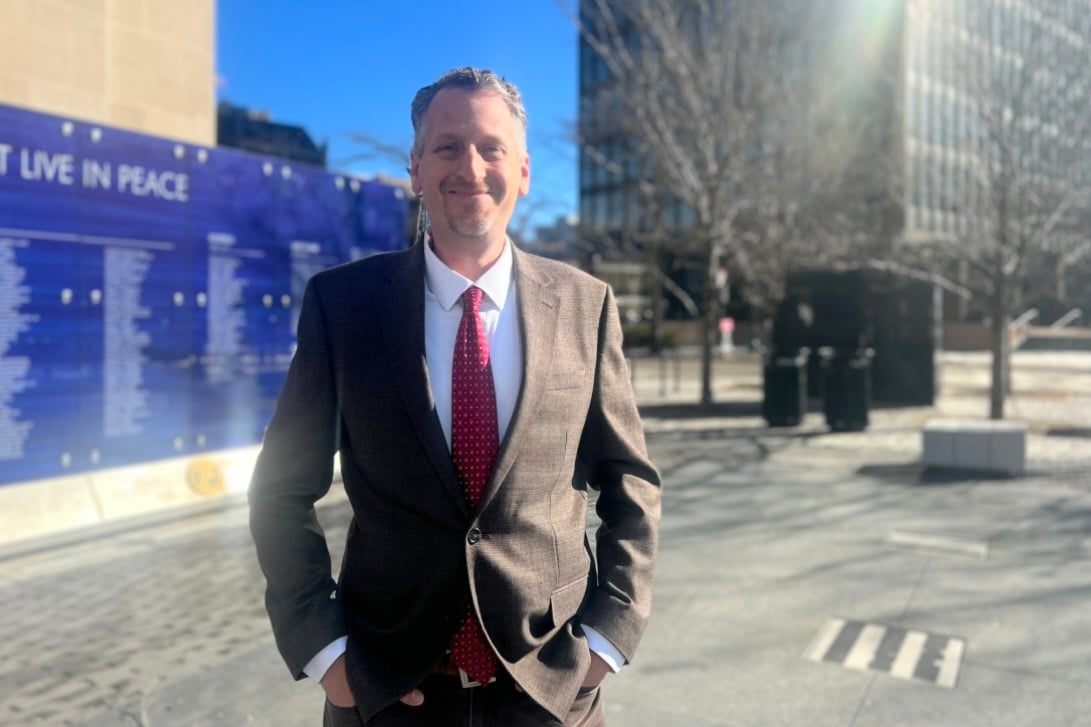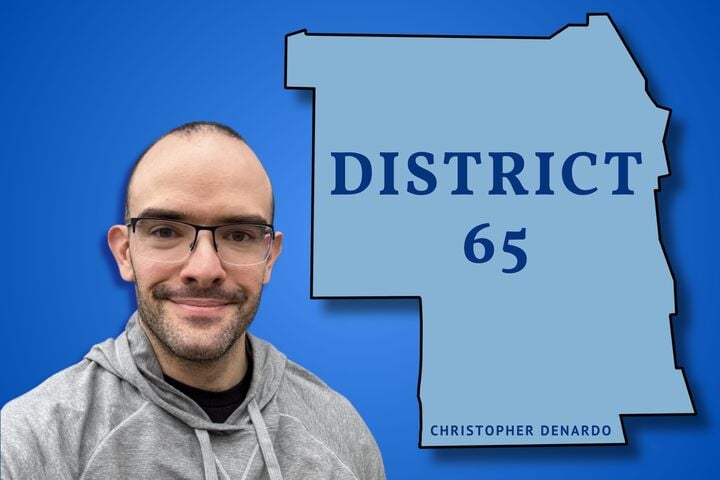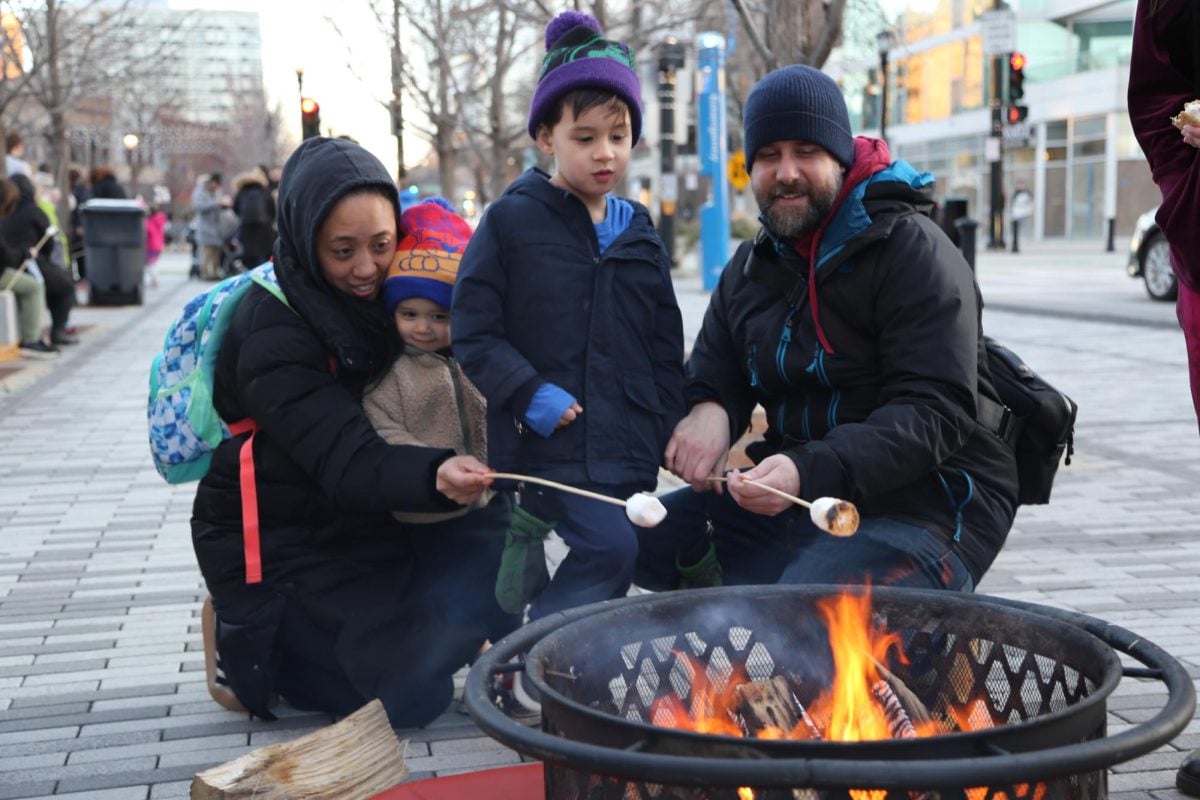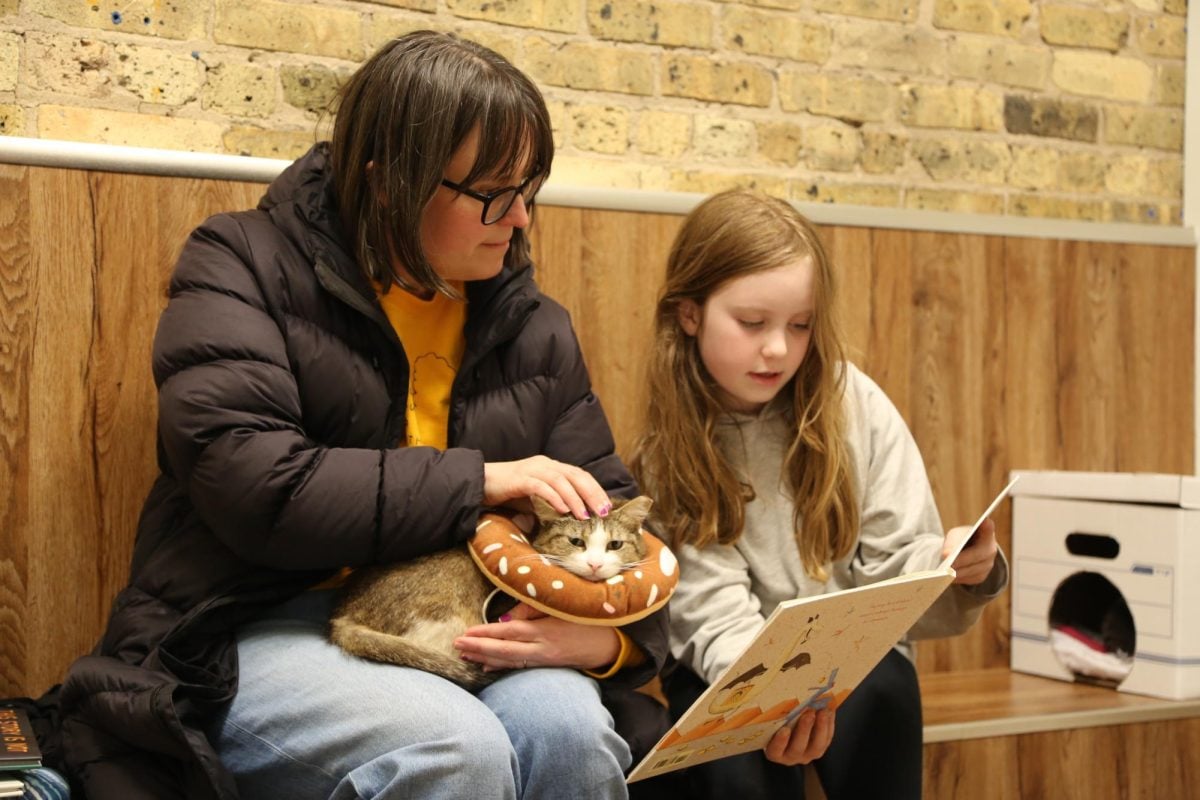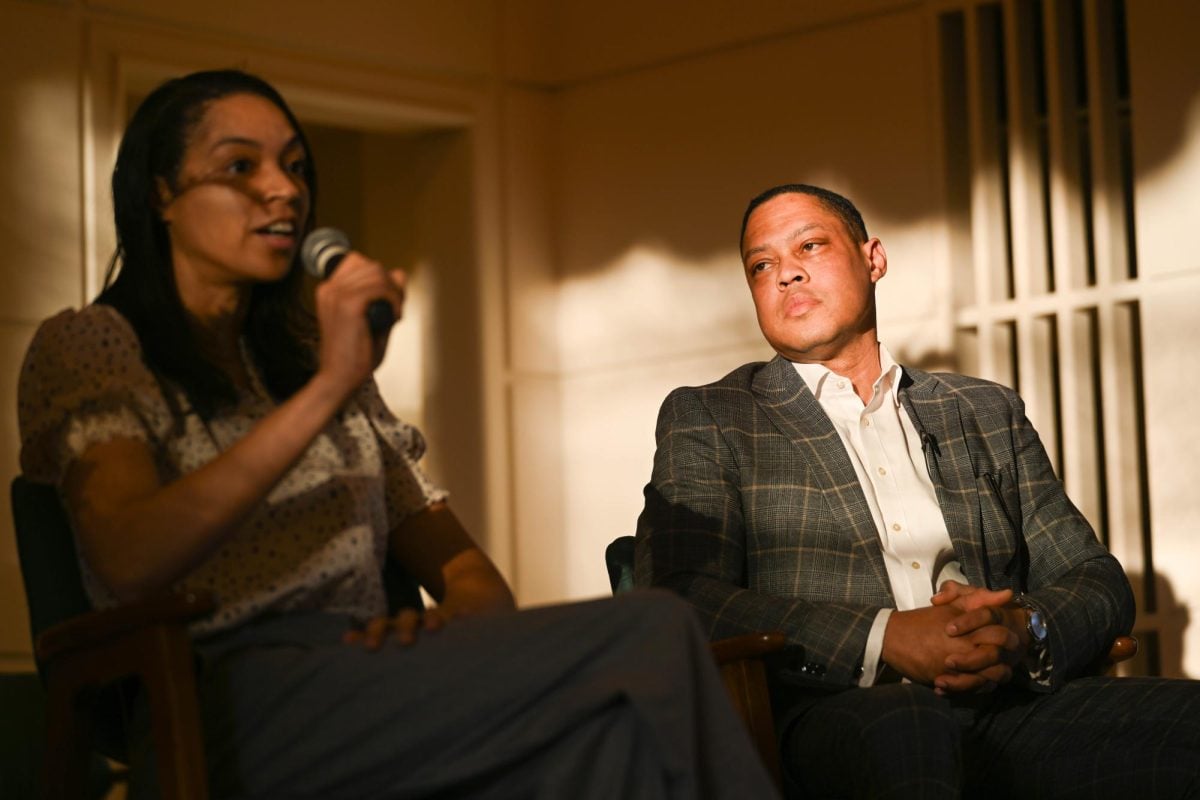Central Street restaurant Curt’s Cafe hosted a panel discussion of issues facing Evanston’s youth Tuesday. The talk touched on topics such as racism, homelessness and the disconnect between families and the community.
Curt’s Cafe is a nonprofit restaurant that employs at-risk, specifically ex-offender youth who might find alternative employment difficult.
About 50 people sat together in the café’s living room to weigh in on the discussion. Panelists included Kevin Brown, city youth programs manager; Missy Carpenter, Youth Organizations Umbrella’s community schools manager; Bill Geiger, CEO of McGaw YMCA; Sacella Smith, education director of Youth Job Center; Susan Trieschmann, owner of Curt’s Cafe and Kathy Lyons, executive director of The James B. Moran Center for Youth Advocacy.
Two recent Evanston Township High School graduates, Charles Jefferson and Grarg Tertulien, represented the youth perspective while ETHS Superintendent Eric Witherspoon moderated.
Concerns ranged from minority achievement in schools to gang recruitment of Evanston youth. Although panelists agreed that the city has a wealth of resources for providing aid to struggling kids, they also stressed the continued need for lasting solutions to systemic problems.
“I don’t know if there are enough (resources),” Trieschmann said. “I’ve been having a problem with some of my homeless kids — I can’t get them here at work because they’re riding the train all night.”
Panelists also said Evanston lacks a youth center for kids to go after school and “just chill.”
Jefferson, who graduated from ETHS in 2010, said low-income children who don’t have places to go after school need a destination where they can manage their own time. In Evanston, he said, black children face wildly different challenges than white youths do.
“People see groups of young people, they think there’s trouble,” Jefferson said. “In Chicago, when police come into a community and see maybe a group of five African American males somewhere, they automatically assume they are either in a gang or selling drugs or whatnot. How do we break from that?”
Despite the panel’s focus on children and teenagers, only two attendees were youths. Geiger echoed other panelists when he called for more chances to hear from those immediately affected by youth issues.
“I have to be a much better student of our community,” he said. “What’s dangerous is when I think I know something.”

